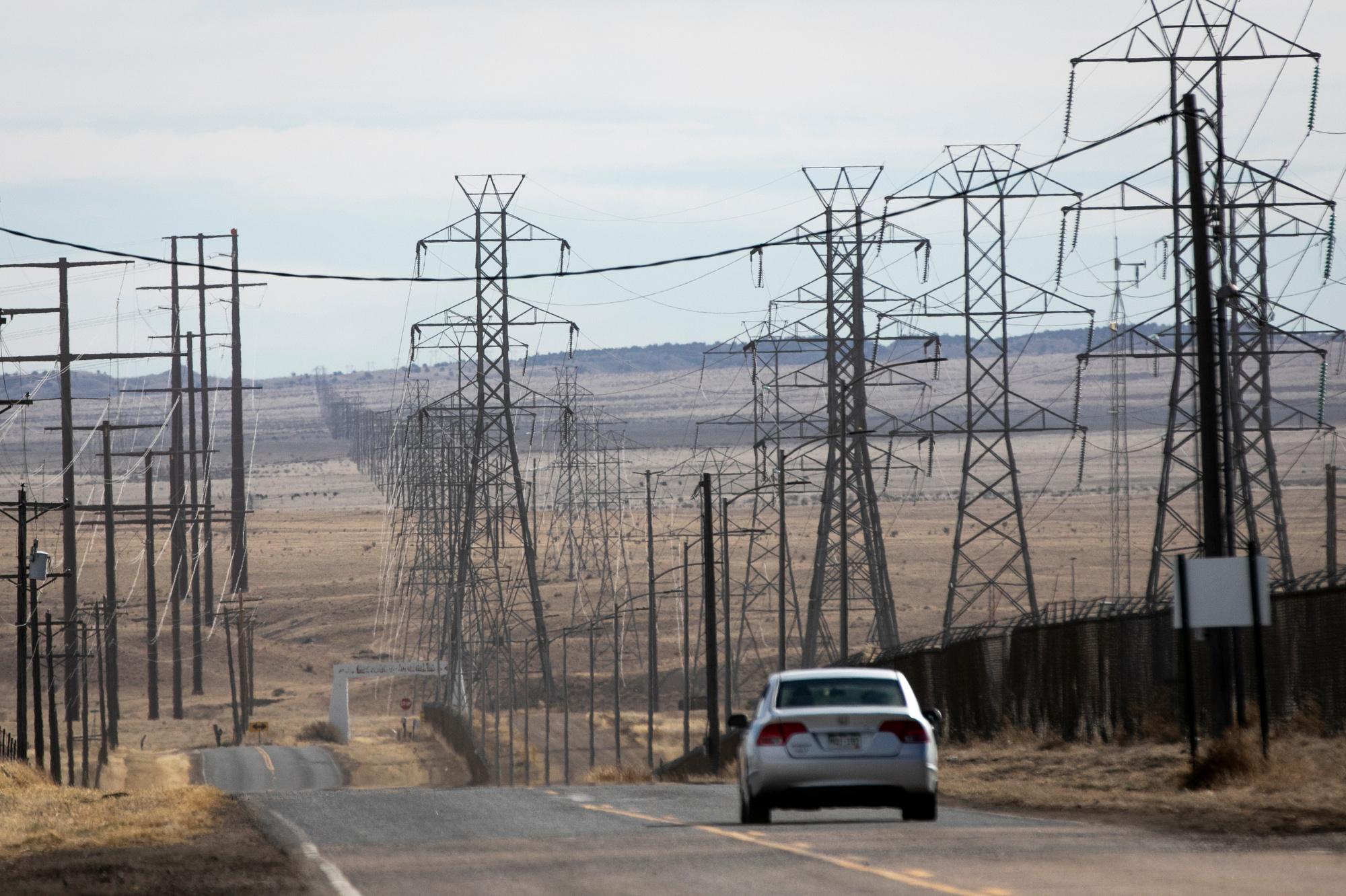
Xcel Energy’s average residential electricity customer in Colorado can expect an extra $4 tacked onto their monthly electricity bill starting Sept. 1.
The Colorado Public Utilities Commission approved a $96 million rate increase on Wednesday, which amounts to a 4.4 percent rate hike for more than 1.6 million electricity customers across the state. Xcel Energy officials argued it needs the increase to pay for previous investments and to cover the cost of retiring a handful of coal-fired power plants.
The increase stacks atop a $182 million rate increase that took effect in April 2022, which added $5.24 a month to the average Xcel Energy residential electricity bill. A natural gas rate hike in November 2023 added $2.09 to the average gas customer’s monthly bill.
The new electricity rate hike nevertheless represents a fraction of the $312 million the utility initially requested last year. After an outcry over high energy costs last winter, Xcel Energy agreed to significant cuts through a settlement with consumer advocates and some of its largest energy customers.
But the agreement didn’t settle a major question: How should the state’s largest energy provider pay for a plan to shift away from coal, one of the state’s largest sources of greenhouse gas emissions?
To meet statewide climate goals, the utility has agreed to retire coal power plants far earlier than originally planned. Pawnee Station in Morgan County will convert to natural gas by 2026. Hayden Station in Routt County is now set to close in 2028. Comanche Station in Pueblo — built only 13 years ago — will shutter by 2031.
The Office of the Utility Consumer Advocate proposed a plan to defer $48 million in costs tied to those closures. After 2031, it suggested those expenses would be securitized into a low-interest bond, theoretically letting customers off the hook until upcoming wind and solar projects lock in cheaper energy prices.
However, regulators at Colorado's Public Utilities Commission weren't sold on the proposal.
Tom Plant, the commission’s newest member, noted the regulators allowed utilities to build coal-fired power plants in the first place. He called pushing the cost of those mistakes onto future generations “disingenuous at best and cynical at worst.”
Commissioner Megan Gilman added any drop in costs that will be passed on to customers depends on Xcel Energy slowing its rate of investment in new projects. Since the company continues to promise profits to shareholders, she said it’s unclear if the coming shift away from coal guarantees lower rates for customers.
Cindy Schonhaut, the director of the Office of the Utility Consumer Advocate, said her staff came up with the proposal after Polis called for creative plans to buffer customers against higher rates in January.
If commissioners don’t like her office's ideas, “we’d like to see them come up with options,” she said.
While most parties involved in the rate case signed onto the final agreement, the City of Boulder rejected the deal partially because it included a 9.3 percent return on equity. That number sets the amount of profit a company can collect for shareholders on top of expenses for past capital projects like power plants and wind farms. Previous guarantees helped Xcel Energy collect a record $727 million in Colorado profits last year.
Boulder officials pushed for a lower level of return for shareholders, but commissioners weren’t persuaded. The final agreement does include new limits on a fee charged to Xcel Energy customers to pay for transmission projects.
Carolyn Elam, the City of Boulder's sustainability senior manager for energy systems, said she appreciated the discussion on the issues.
“One of our goals was to have a meaningful conversation about the balance between costs to customers and utility profit, and we are pleased that this conversation has happened throughout the rate case,” Elam said.
Editor's note: A previous version of this story reported that the agreement included a 10 percent return on equity for Xcel Energy. This story has been updated to reflect the accurate return rate, which is 9.3 percent.









